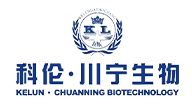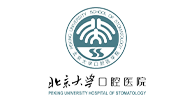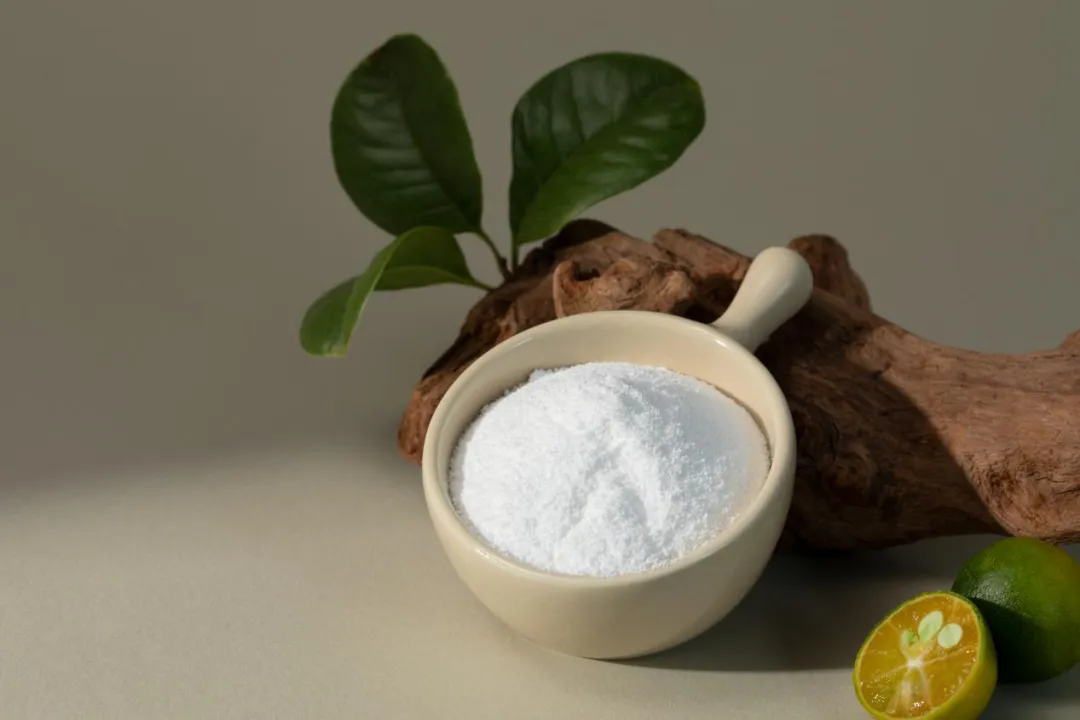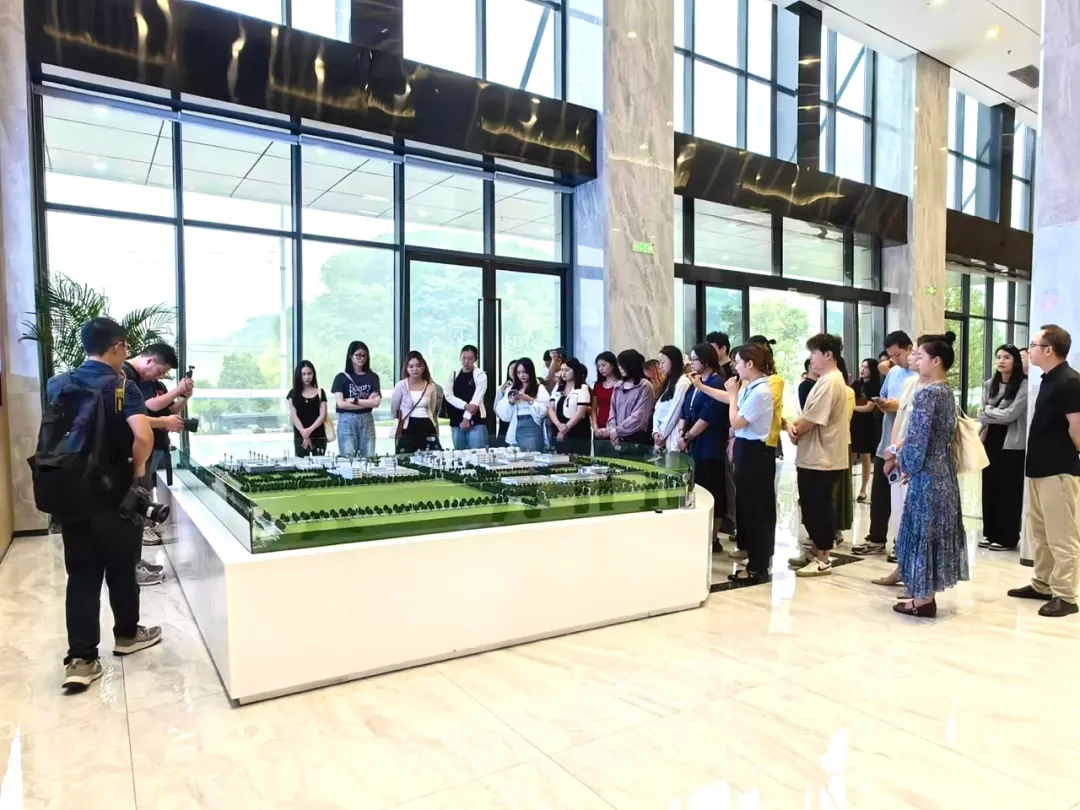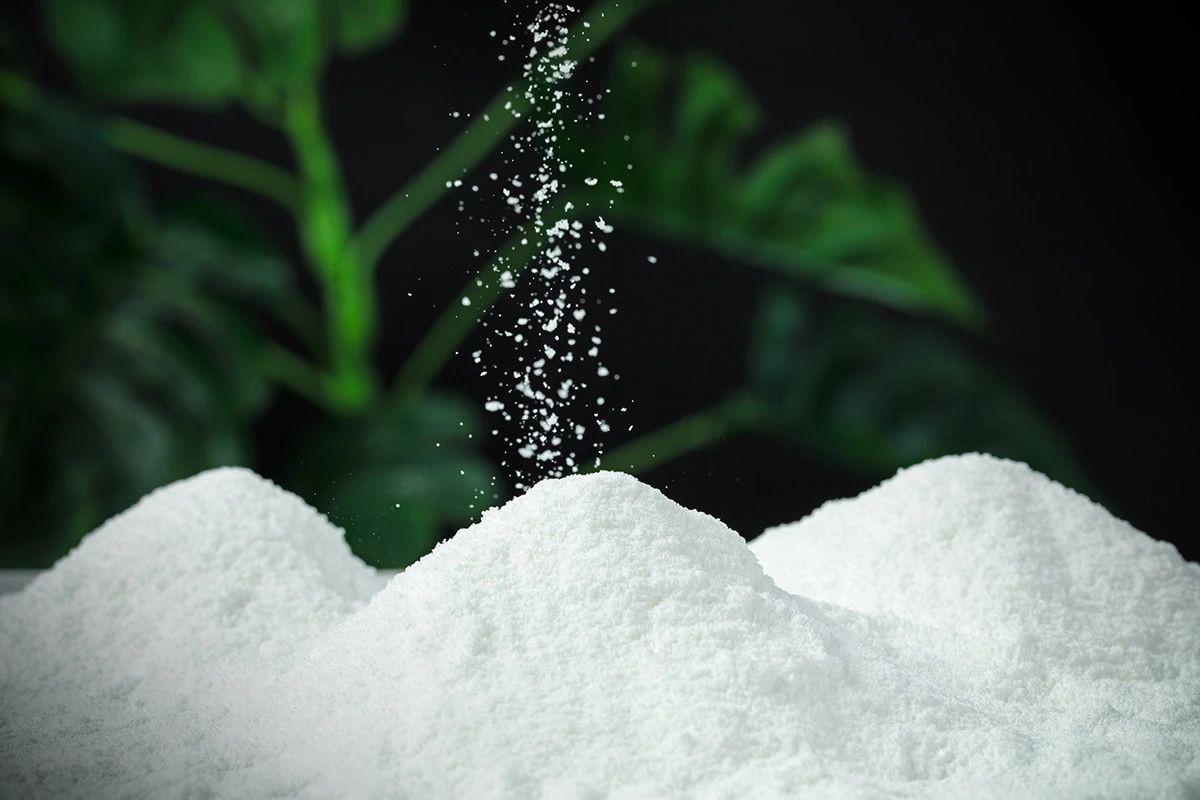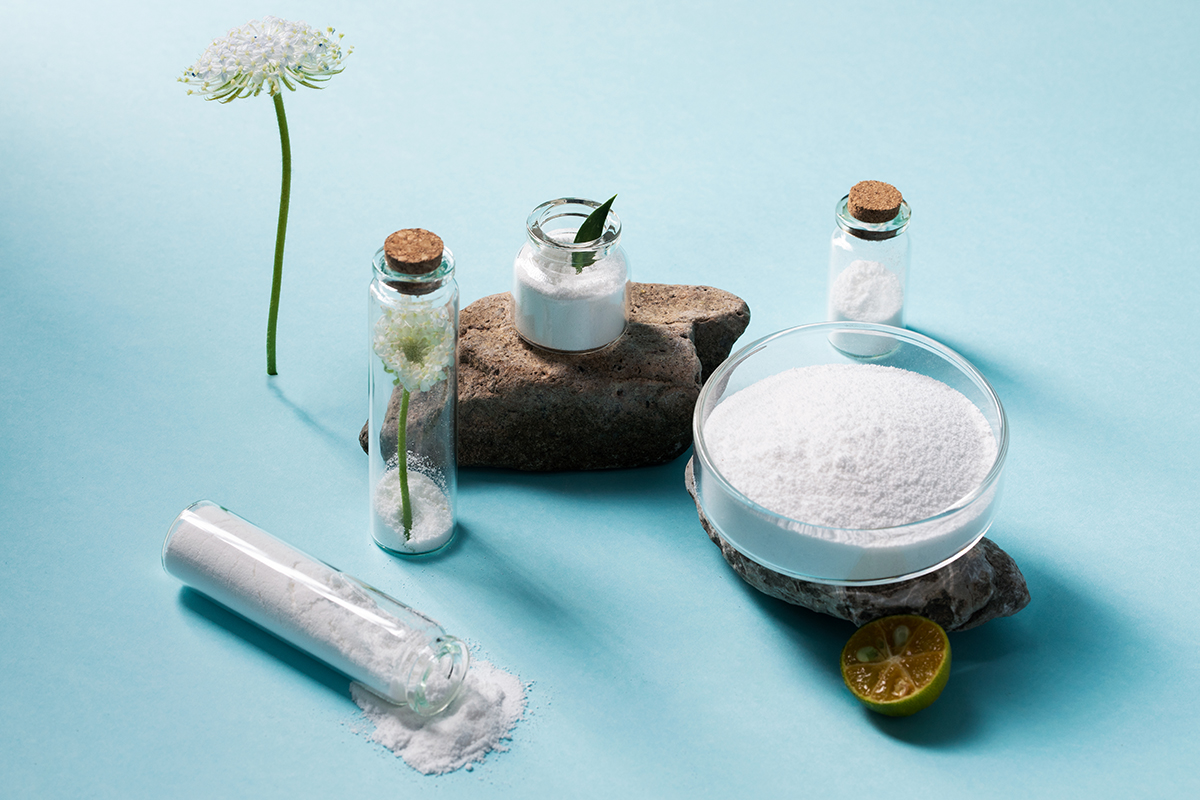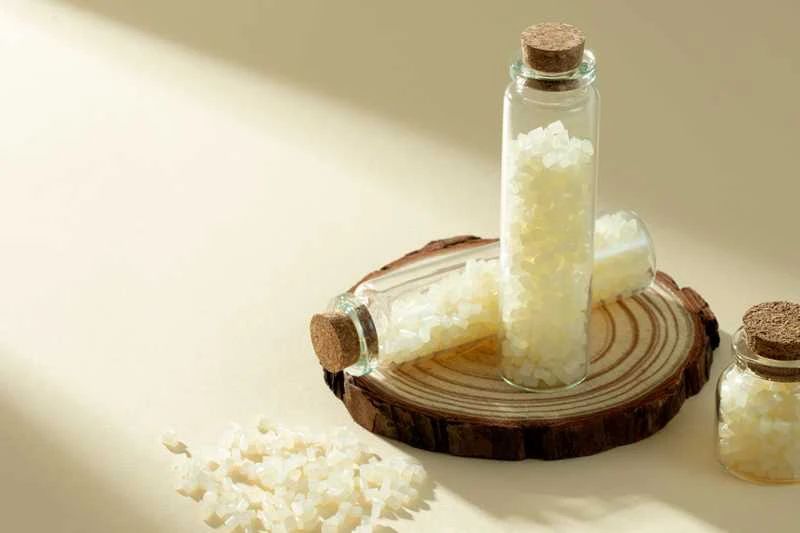PhaBuilder's technology is derived from Tsinghua University, initiated and founded by Professor George Guo-Qiang CHEN, a top global synthetic biology expert and the first Chinese recipient of the IMES Award (International Metabolic Engineering Award).
Relying on a self-developed halophilic bacterial chassis system for 30 consecutive years, PhaBuilder continuously develops its core product PHA (Polyhydroxyalkanoate) and promotes the realization of the PHA-based "4P" strategy for enterprise. This includes PHAmily (continuously exploring the PHA family with over 10 billion combinations), PHAbrary (a series of polymer material application solutions), PHAdustry (Industry 4.0 in the era of biomanufacturing, and global industrialization based on the NGIB(Next Generation Industrial Biotechnology) system, and PHA Life (the green lifestyle advocated by PhaBuilder, as well as the industrialization of PHA).
PhaBuilder also possesses unique non-grain biomanufacturing technology and is currently constructing the world's largest "NGIB" production line with an annual capacity of 30,000 tons. In the future, PhaBuilder will provide sustainable solutions based on green bio-based materials to global customers by positioning itself as “a global leader in synthetic biology and bio-manufacturing”.


- Industry
Partners 

PhaBuilder's core product is PHA (Polyhydroxyalkanoate), a green and environmentally friendly material known for its low-carbon, nature-friendly, and biodegradable properties. PHA is a generous gift from nature, commonly serving as an important energy storage substance for microorganisms. It is accumulated in the form of "liposomes," and is essential for microbial growth.
PHA can be completely decomposed in the natural environment within 1 to 3 years, with a degradation efficiency that is 1% of the time required for traditional plastics, making it the most competitive green and environmentally friendly material.
Thanks to its unique natural origin and carbon source advantages, PHA is a naturally "full-process low-carbon" product.
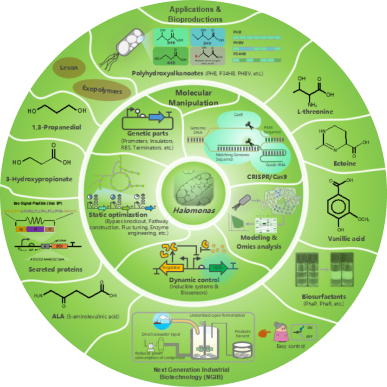
PhaBuilder sets sail in the field of biomanufacturing.
-
SimpleExtreme microorganisms lead to the ultimate simplification of cultivation equipment, reducing equipment costs by 30%.
The production plant does not rely on professional scientific researchers; ordinary operators can perform the tasks. -
Energy-Saving and Low-CarbonDoes not rely on high-temperature sterilization, reducing energy consumption by more than 50% at room temperature and pressure.
Waste water is recycled and can be reused for production. -
EfficientOptimization of metabolic pathways, increasing yield by 80%.
Average production time reduced by 30%. -
Non-grainCapable of not relying on grain-related carbon sources.
Utilizing straw, kitchen waste, and other materials for production
 PHA
PHA
 CN
CN








